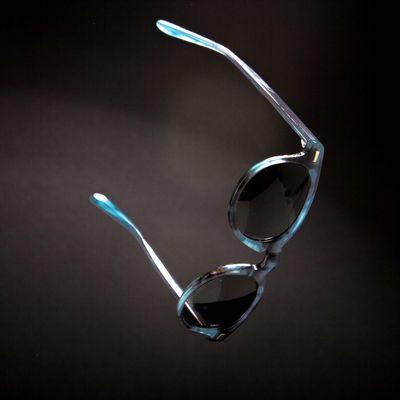
Warby Parker announced today that it has hit an incredibly impressive milestone: The four-year-old company has donated one million pairs of glasses to people in need. But while the company’s philanthropic credentials are unquestioned, Marcus Wohlsen, writing in Wired, wonders, “[can] a startup that already isn’t charging very much for its product afford shaving even more off its bottom line by giving away a percentage of every sale? Can any startup survive like this? Or is doing good bad for business?”
In addition to the tricky economic model of one-for-one — also espoused by TOMS and by start-ups hawking everything from toothbrushes to condoms — Wohlsen points out that offering free shipping could be an Amazon-style pitfall for the company. (Shipping costs Amazon billions annually, according to Wohlsen.)
From the Ubers that shuttle us around to the Washios that ferry us clean laundry and cookies, start-ups are concerned, at least in the developing stages, with prioritizing the customer experience over profit. It’s a strategy that can be summarized as follows: Hook them first, then start thinking about how to actually make money. In this vein, Warby Parker has poured its resources into customer service, delivery, and marketing, eager to create an experience the customer perceives as “not sucking,” in Wohlsen’s blunt phrasing. Warby Parker gets a lot of (deserved) plaudits for its business philosophy, but it will be interesting to see how they sustain it.
(The company declined our request for comment in response to the Wired piece.)

